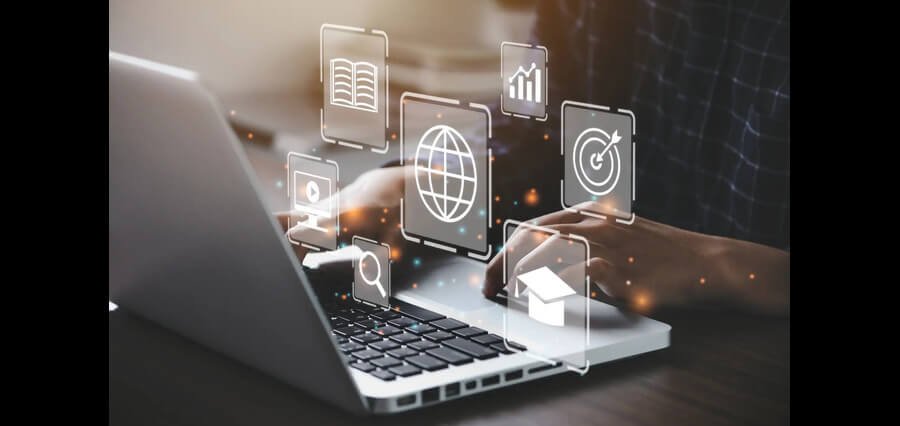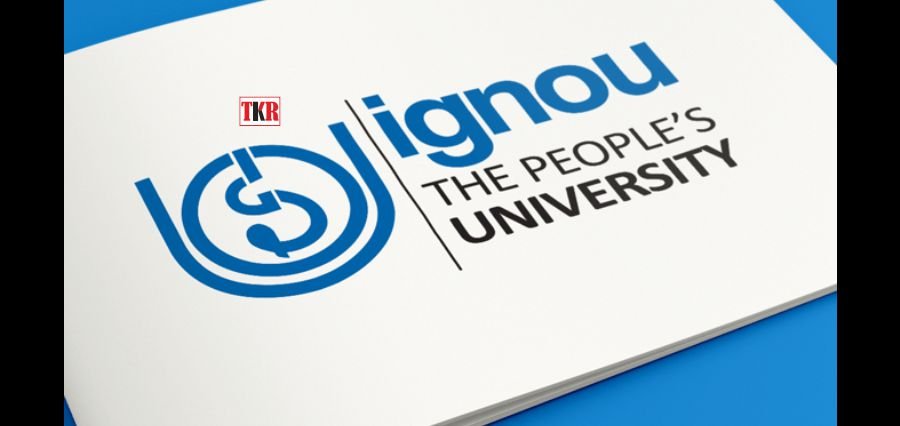In the wake of the pandemic, education has undergone significant changes. As a result of the uncertain times, most education has shifted from physical classrooms to online classrooms. Now, in the new normal times, many educational systems around the world are still relying heavily on eLearning.
Online or eLearning offers many benefits to students who want flexibility in attending physical classrooms. With it, students can learn through online (collective or personalized) classes, find the study material online, and study anywhere and anytime at their convenience.
In fact, eLearning has revolutionized the way we approach education, breaking down geographical barriers and offering flexible learning opportunities to a diverse range of learners. As technology advances, eLearning has become an integral part of the educational landscape, presenting challenges and opportunities in the quest to create a holistic educational ecosystem.
eLearning Challenges for Students and Solutions
Access and Connectivity: One of the primary challenges of eLearning is the digital divide among different regions and socioeconomic groups. Not all learners can access reliable internet connections, digital devices, or the necessary infrastructure to participate in online education.
Bridging this gap requires concerted efforts from governments, educational institutions, and technology providers to ensure equitable access to eLearning opportunities for all.
Digital Literacy: Embracing eLearning demands a certain level of digital literacy among learners and educators. Some students may struggle to navigate online platforms and resources effectively, hindering their ability to engage with the material fully.
Educators need support and training to adapt their teaching methods to digital environments, making investing in digital literacy programs essential.
Pedagogical Adaptation: Effective eLearning goes beyond simply transferring traditional classroom content to digital platforms. It requires a pedagogical shift to suit the online medium.
Educators must design interactive and engaging online courses that foster collaboration, critical thinking, and self-directed learning. This transition demands time and effort but opens up possibilities for innovative and personalized learning experiences.
Assessment and Proctoring: Ensuring academic integrity and fair assessment in eLearning environments is a concern. Preventing cheating and plagiarism while maintaining the authenticity of the evaluation process presents challenges.
Developing reliable proctoring and assessment tools is crucial to address these concerns and maintain the credibility of eLearning credentials.
Self-motivation: If they face hurdles initially, students lose hope and then find it difficult to motivate themselves to regain their interest. And motivation is the key to fully engaging in learning and completing a task. Lack of motivation is the most common challenge.
An effective solution could be positive involvement-students must learn to be positive. It is difficult in difficult situations. But it is the only way to stay involved and hope for the best. They must never lose hope.
Time Management: With E-Learning, many students struggle to manage their time properly. It is novel and demands extensive work. Once missed something important, you will have to struggle to learn it again. And it is time-consuming. Thus, they need a scheduled planner for them.
Preparing a to-do list could be an effective solution. Check your priorities. List them accordingly. And then try hard to stick to them completely, except in emergencies. The best way to schedule and manage your time is first to know how much time you have to learn and then how you can arrange that time out of your personal lives. If there is a mismatch, that means your priority list is wrong.
Distractions: At-home learning is as comfortable as it is distractive with your family members around you, your phone, your friends, or bugging relatives. If you are constantly distracted, then you will not learn online at all.
Focus/Refocus-make your study area as clean of disturbances as possible. Control your own mind. Focus on your own goal. And refocus on your future. It will clear of all the nuisance from your mind.
Opportunities in eLearning
Personalization and Adaptive Learning: eLearning platforms have the potential to collect vast amounts of data about learners’ behaviors and preferences. This data can be leveraged to provide personalized learning paths, catering to individual learning styles and paces. Adaptive learning algorithms can identify areas of strength and weakness, adjusting the content and challenges accordingly to optimize learning outcomes.
Lifelong Learning and Upskilling: eLearning offers an opportunity for individuals to engage in lifelong learning and continuous upskilling. As job markets evolve rapidly, learners can access relevant courses to stay abreast of industry trends and acquire new skills. This flexibility fosters a culture of continuous learning, benefitting both individuals and organizations seeking a highly skilled workforce.
Global Collaboration and Diversity: eLearning transcends borders, providing a platform for learners from diverse backgrounds and cultures to collaborate and exchange ideas. This global connectivity enhances cross-cultural understanding and prepares learners to work in an increasingly interconnected world.
Access to Quality Education: eLearning democratizes education by removing geographical barriers and making quality educational resources accessible to learners worldwide. This is particularly significant for individuals in remote areas or with limited access to traditional educational institutions.
Analytics and Learning Insights: eLearning platforms can track learners’ progress and engagement in real-time, providing valuable data and insights to educators and institutions. Analyzing this data can help identify areas for improvement in course design and teaching methods, leading to more effective and efficient learning experiences.
Creating a Holistic Educational Ecosystem
To harness the full potential of eLearning and create a holistic educational ecosystem, it is crucial to address the challenges while capitalizing on the opportunities:
Infrastructure Investment: Governments and institutions must invest in digital infrastructure to ensure all learners can access eLearning platforms and resources. Providing devices and internet connectivity to underserved communities can bridge the digital divide and promote inclusivity.
Teacher Training and Support: Educators need comprehensive training and ongoing support to transition to online teaching effectively. Professional development programs can help teachers master eLearning tools, develop engaging content, and adapt their teaching methodologies to suit digital environments.
Collaboration and Partnerships: Building a holistic eLearning ecosystem requires collaboration between educational institutions, technology providers, governments, and other stakeholders. Partnerships facilitate sharing resources, expertise, and best practices, fostering innovation and continuous improvement.
Emphasis on Digital Literacy: Digital literacy should be integrated into the curriculum from an early age, empowering learners with the necessary skills to navigate digital platforms effectively. Community-based digital literacy programs can also support lifelong learners in developing their digital competencies.
Quality Assurance and Recognition: Establishing a robust quality assurance framework for eLearning is essential to ensure that learners receive a high standard of education. Accreditation and recognition of eLearning courses and credentials can enhance the credibility and value of online learning.
eLearning presents a plethora of opportunities to transform education and create a more inclusive and adaptable learning environment. Addressing the challenges is the only way we can create a holistic educational ecosystem that empowers learners and prepares them for success in the 21st-century world.
Furthermore, embracing the potential of eLearning is not only a step towards a brighter future for education but also a catalyst for societal and economic growth on a global scale.
Read More: Click Here





